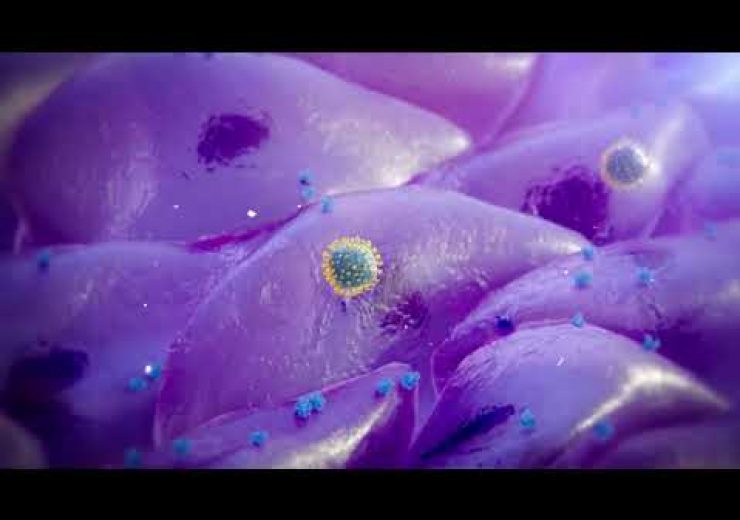The new service will help scientists package their genetic material of choice using GenScript's advanced platform

Lentiviruses in cell engineering. (Credit: PRNewswire / GenScript)
GenScript Biotech has introduced its Research-Grade Lentiviral Vector Packaging Service for cell line development, gene editing and drug discovery.
The new service has been developed to help scientists package their genetic material of choice using the company’s advanced platform to maintain consistent production of functional and intact viruses.
According to the company, accessing high volume and quality lentiviruses will help detect therapeutics to fight Covid-19 and mutant strains of the virus as they emerge.
Dr. Nevan Krogan, a molecular and systems biologist who manages The Krogan lab at the Quantitative Biosciences Institute (QBI) at UCSF and the Gladstone Institute of Data Science and Biosciences (GIDB), is using GenScript’s lentiviruses to detect drugs against Covid-19.
In a statement, Krogan said: “Generating lentiviruses on our own would have been time- consuming and would likely have required repetition of multiple experiments due to lower quality of viral vectors, significantly delaying our progress.”
Lentiviral vectors are a type of retrovirus that can infect both dividing and non-dividing cells, thereby making them suitable to deliver genes for fighting autoimmune diseases and cancer or viruses such as SARS-CoV-2.
According to the company, the production of large quantities of lentiviruses can be challenging to do in-house and virus titer quality is generally inconsistent.
The Lentiviral Vector Packaging Service helps to address these challenges with advanced formulation and workflow and enables to quickly develop therapeutics.
GenScript production vice president Dr Shi Minlong said: “Dr. Krogan’s work highlights the importance of functional intact titers and speed in therapeutic development, and we’re pleased to be partnering with UCSF on this research.
“The versatility of lentiviruses in transducing multiple cell types makes them useful for basic research and in other fields such as cancer and autoimmune diseases.”
